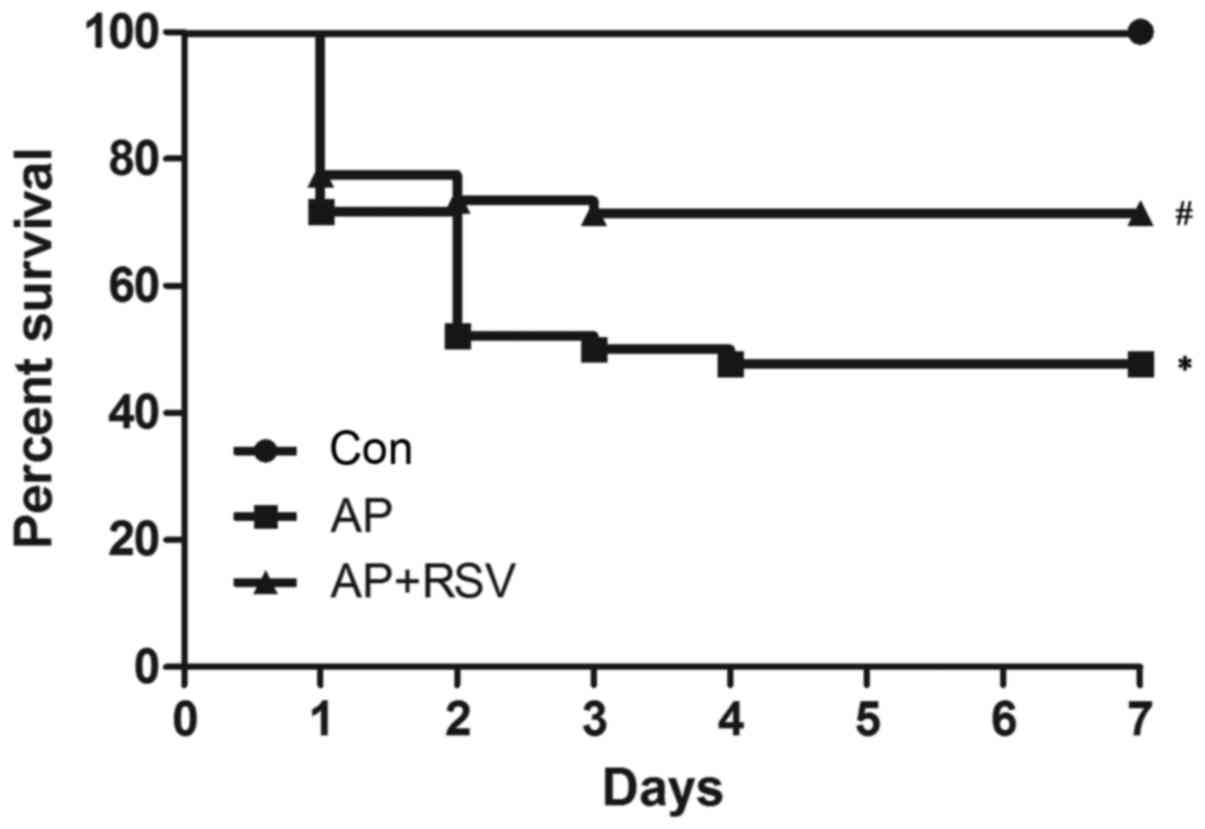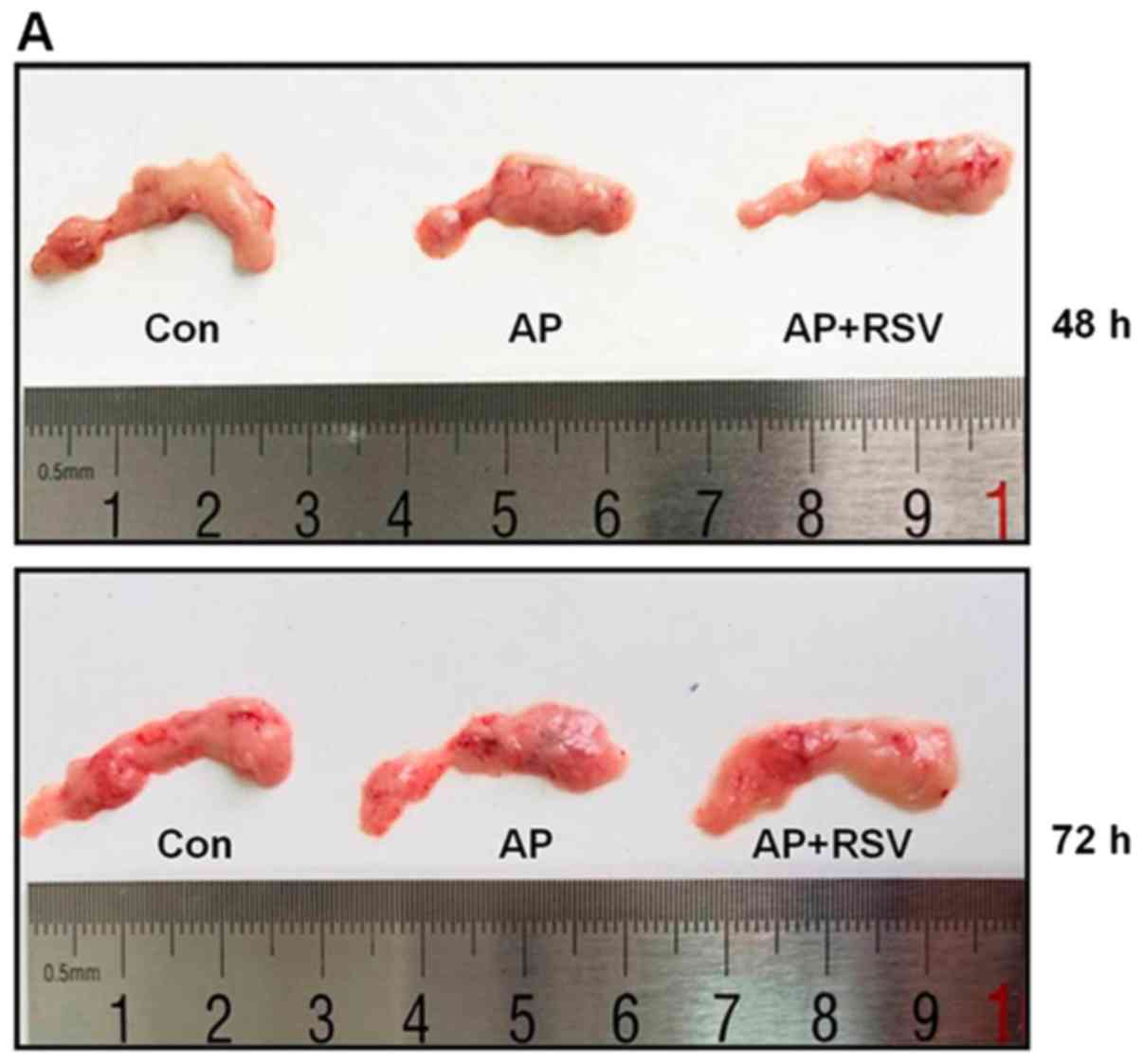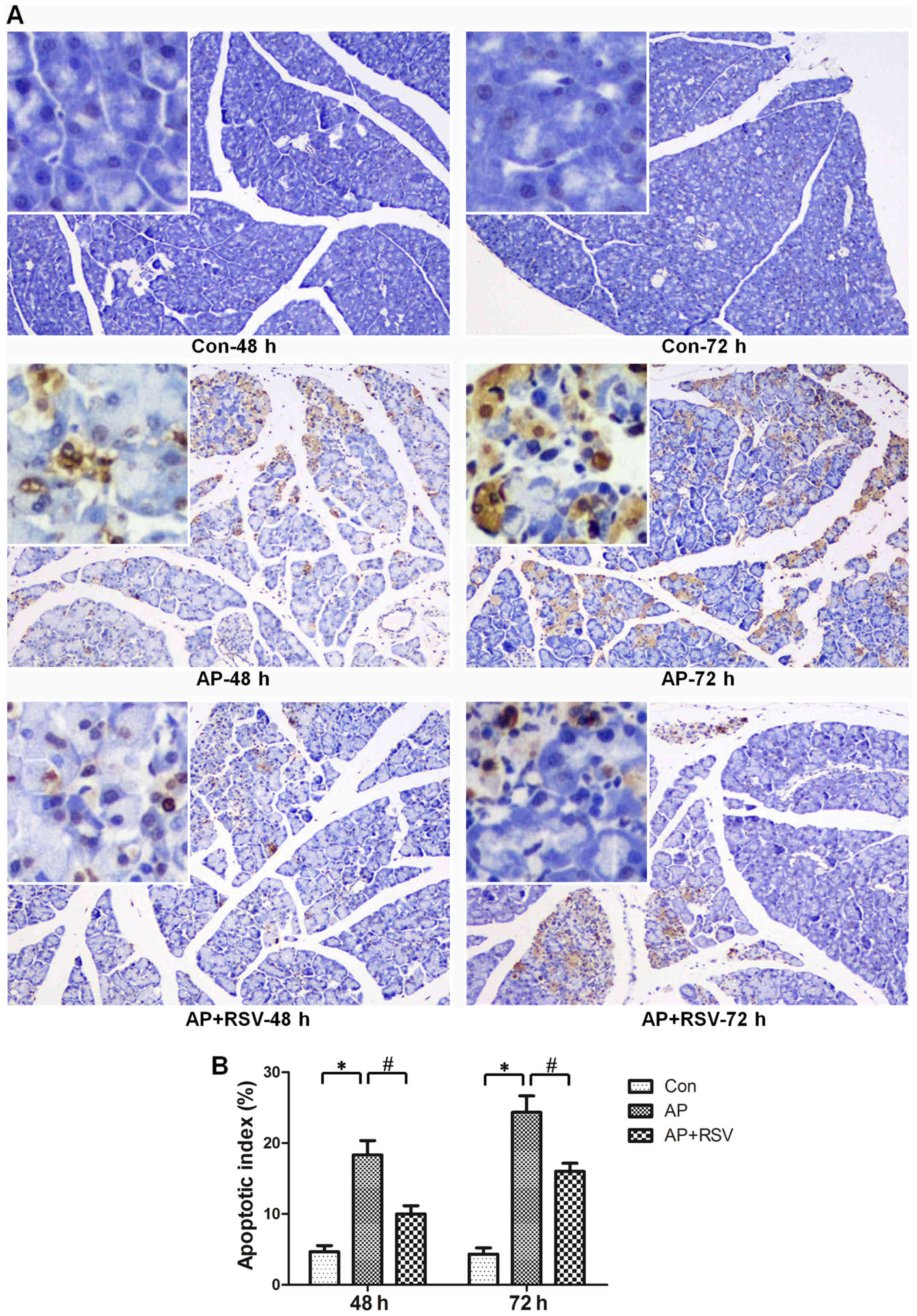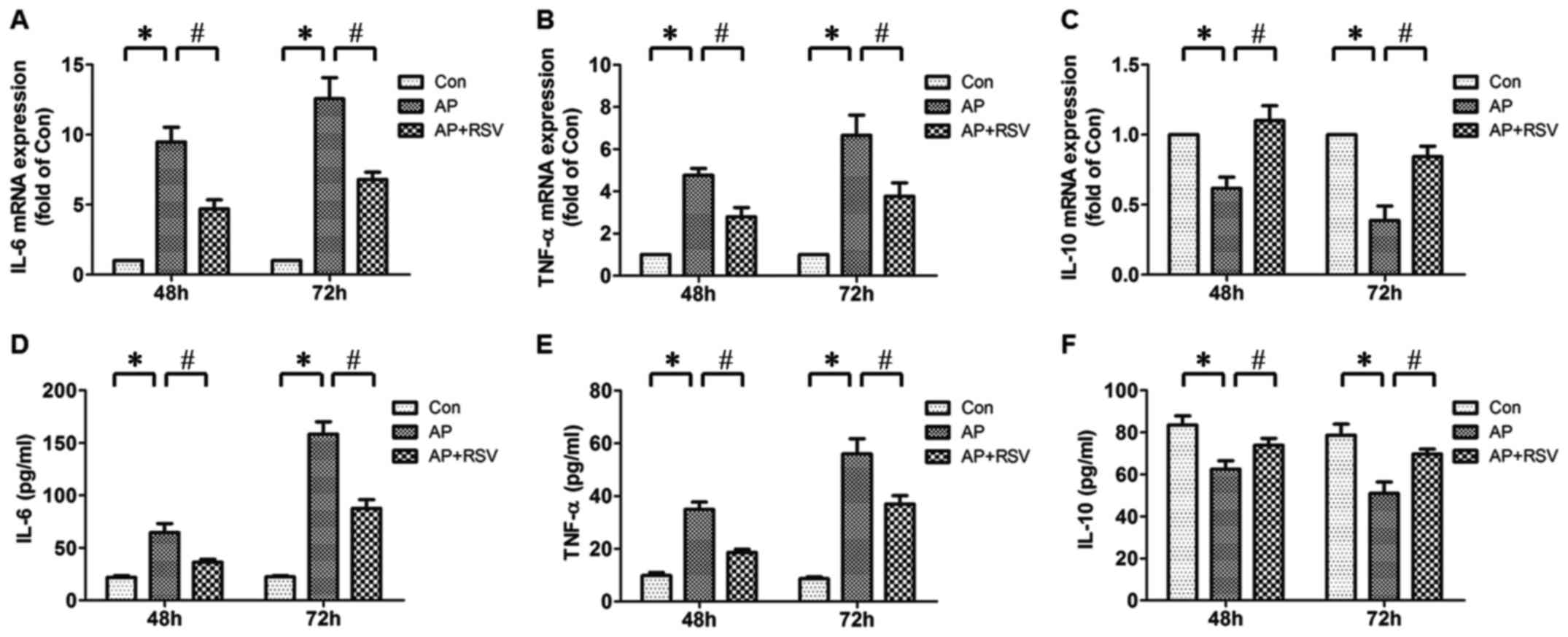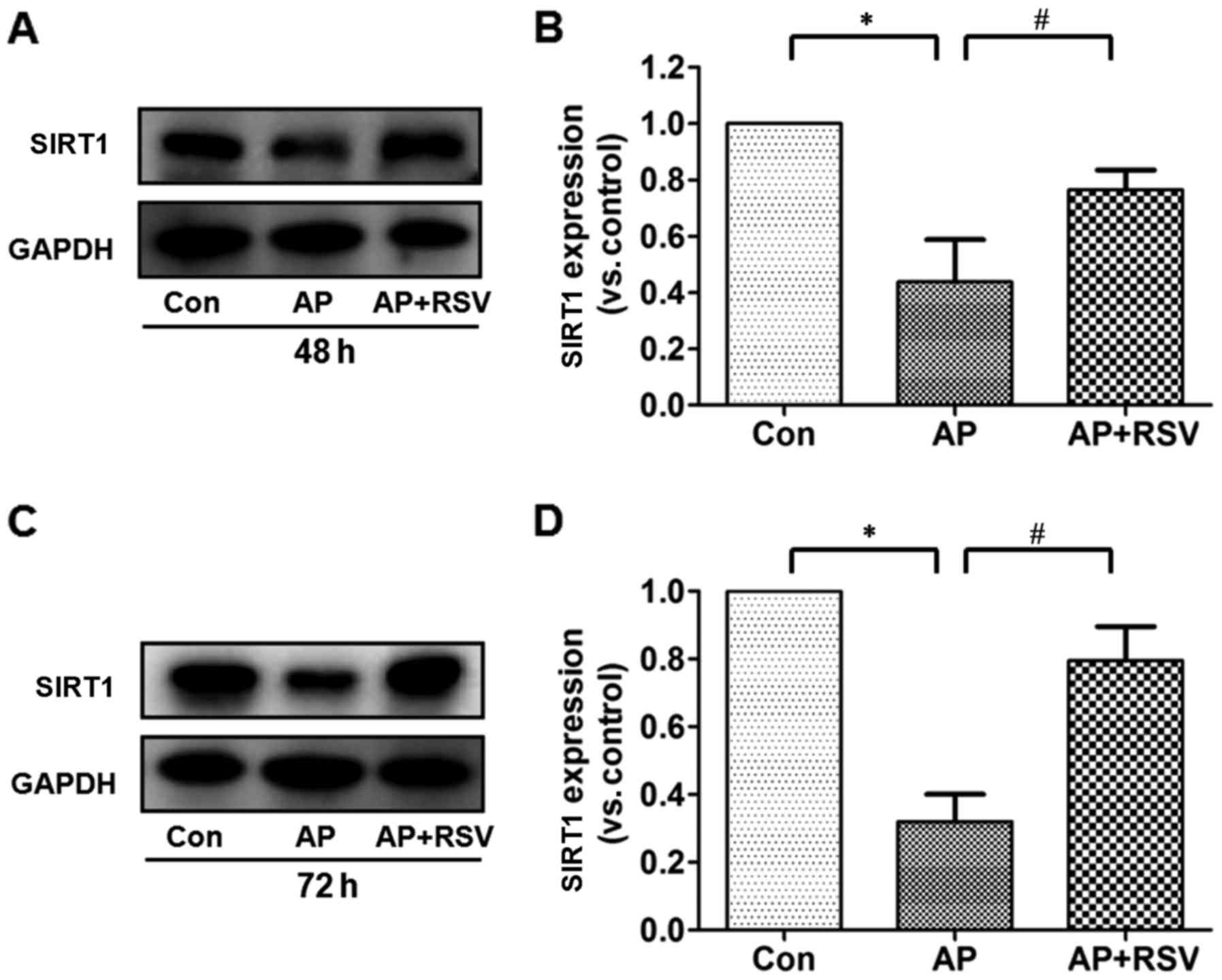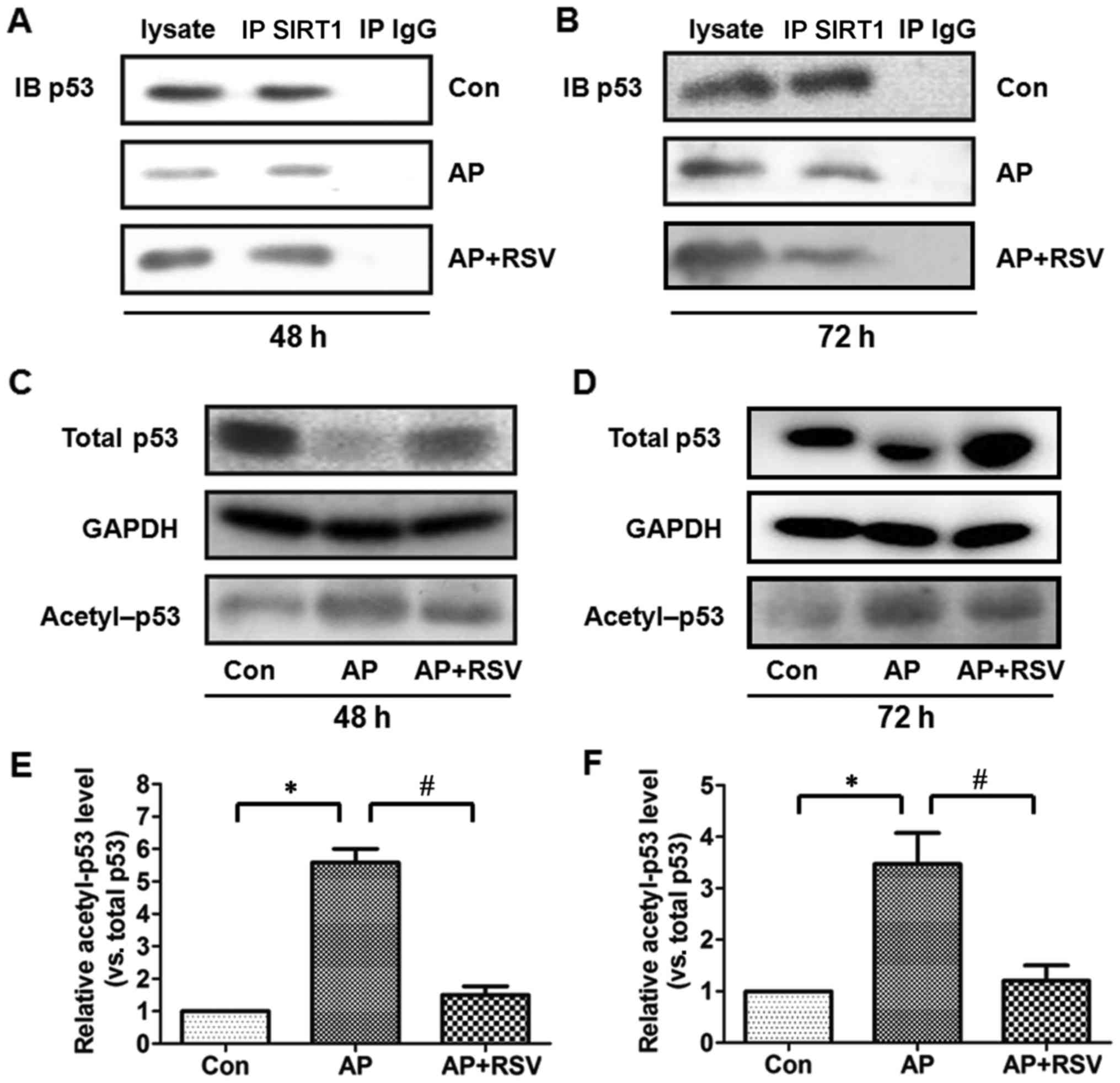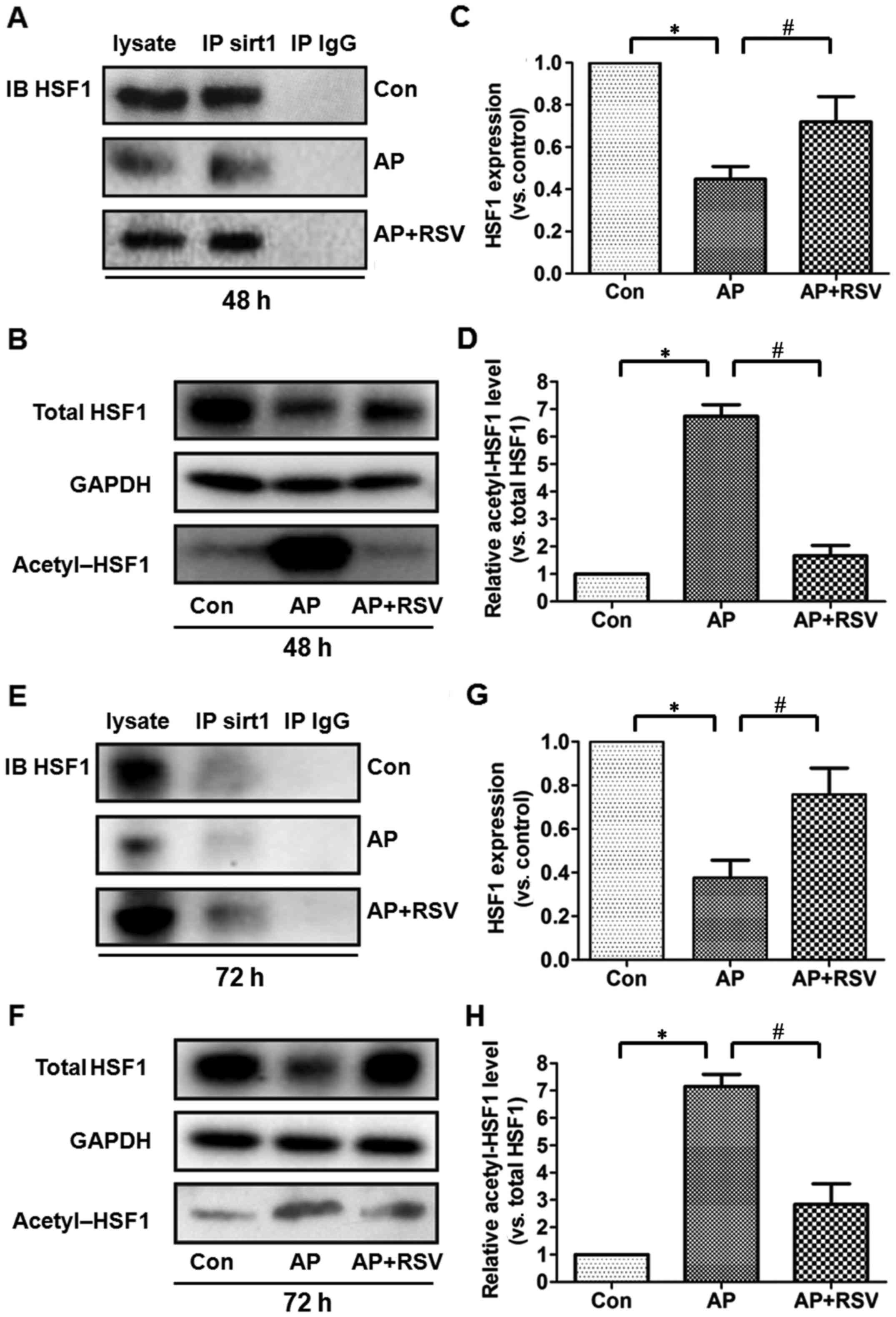|
1
|
Weitz G, Woitalla J, Wellhöner P, Schmidt
K, Büning J and Fellermann K: Does etiology of acute pancreatitis
matter? A review of 391 consecutive episodes. JOP. 16:171–175.
2015.PubMed/NCBI
|
|
2
|
Agarwal S, George J, Padhan RK, Vadiraja
PK, Behera S, Hasan A, Dhingra R, Shalimar and Garg PK: Reduction
in mortality in severe acute pancreatitis: A time trend analysis
over 16 years. Pancreatology. 16:194–199. 2016. View Article : Google Scholar : PubMed/NCBI
|
|
3
|
Dellinger EP, Forsmark CE, Layer P, Lévy
P, Maraví-Poma E, Petrov MS, Shimosegawa T, Siriwardena AK, Uomo G,
Whitcomb DC, et al: Pancreatitis Across Nations Clinical Research
and Education Alliance (PANCREA): Determinant-based classification
of acute pancreatitis severity: An international multidisciplinary
consultation. Ann Surg. 256:875–880. 2012. View Article : Google Scholar : PubMed/NCBI
|
|
4
|
Sandakov PIa, Samartsev VA and Mineev DA:
Surgical and therapeutic treatment of acute pancreatitis.
Khirurgiia (Mosk). 10:56–63. 2014.In Russian.
|
|
5
|
Hegyi P, Pandol S, Venglovecz V and
Rakonczay Z Jr: The acinar-ductal tango in the pathogenesis of
acute pancreatitis. Gut. 60:544–552. 2011. View Article : Google Scholar
|
|
6
|
Bhatia M: Inflammatory response on the
pancreatic acinar cell injury. Scand J Surg. 94:97–102.
2005.PubMed/NCBI
|
|
7
|
Lv JC, Wang G, Pan SH, Bai XW and Sun B:
Lycopene protects pancreatic acinar cells against severe acute
pancreatitis by abating the oxidative stress through JNK pathway.
Free Radic Res. 49:151–163. 2015. View Article : Google Scholar
|
|
8
|
Carrasco C, Holguín-Arévalo MS,
Martín-Partido G, Rodríguez AB and Pariente JA: Chemopreventive
effects of resveratrol in a rat model of cerulein-induced acute
pancreatitis. Mol Cell Biochem. 387:217–225. 2014. View Article : Google Scholar
|
|
9
|
Sha H, Ma Q, Jha RK, Wu Z, Qingyuan Z,
Wang Z, Ma Z, Luo X and Liu C: Resveratrol suppresses
microcirculatory disturbance in a rat model of severe acute
pancreatitis. Cell Biochem Biophys. 67:1059–1065. 2013. View Article : Google Scholar : PubMed/NCBI
|
|
10
|
Ghemrawi R, Pooya S, Lorentz S, Gauchotte
G, Arnold C, Gueant JL and Battaglia-Hsu SF: Decreased vitamin B12
availability induces ER stress through impaired SIRT1-deacetylation
of HSF1. Cell Death Dis. 4:e5532013. View Article : Google Scholar : PubMed/NCBI
|
|
11
|
Lee JT and Gu W: SIRT1: Regulator of p53
Deacetylation. Genes Cancer. 4:112–117. 2013. View Article : Google Scholar : PubMed/NCBI
|
|
12
|
Sun C, Zhang F, Ge X, Yan T, Chen X, Shi X
and Zhai Q: SIRT1 improves insulin sensitivity under
insulin-resistant conditions by repressing PTP1B. Cell Metab.
6:307–319. 2007. View Article : Google Scholar : PubMed/NCBI
|
|
13
|
Grewal HP, Mohey EDA, Gaber L, Kotb M and
Gaber AO: Amelioration of the physiologic and biochemical changes
of acute pancreatitis using an anti-TNF-alpha polyclonal antibody.
Am J Surg. 167:214–219. 1994. View Article : Google Scholar : PubMed/NCBI
|
|
14
|
Dawra R, Sharif R, Phillips P, Dudeja V,
Dhaulakhandi D and Saluja AK: Development of a new mouse model of
acute pancreatitis induced by administration of L-arginine. Am J
Physiol Gastrointest Liver Physiol. 292:G1009–G1018. 2007.
View Article : Google Scholar
|
|
15
|
Kui B, Balla Z, Vasas B, Végh ET, Pallagi
P, Kormányos ES, Venglovecz V, Iványi B, Takács T, Hegyi P, et al:
New insights into the methodology of L-arginine-induced acute
pancreatitis. PLoS One. 10:e01175882015. View Article : Google Scholar : PubMed/NCBI
|
|
16
|
Hong W, Tatsuo S, Shou-Dong W, Qian Z,
Jian-Feng H, Jue W, Chen J, Hai-Yan Q and Yue-Jin Y: Resveratrol
Upregulates Cardiac SDF-1 in mice with acute myocardial infarction
through the deacetylation of cardiac p53. PLoS One.
10:e01289782015. View Article : Google Scholar : PubMed/NCBI
|
|
17
|
Kume S, Haneda M, Kanasaki K, Sugimoto T,
Araki S, Isono M, Isshiki K, Uzu T, Kashiwagi A and Koya D: Silent
information regulator 2 (SIRT1) attenuates oxidative stress-induced
mesangial cell apoptosis via p53 deacetylation. Free Radic Biol
Med. 40:2175–2182. 2006. View Article : Google Scholar : PubMed/NCBI
|
|
18
|
Lankisch PG, Apte M and Banks PA: Acute
pancreatitis. Lancet. 386:85–96. 2015. View Article : Google Scholar : PubMed/NCBI
|
|
19
|
Mayer J, Rau B, Gansauge F and Beger HG:
Inflammatory mediators in human acute pancreatitis: Clinical and
pathophysiological implications. Gut. 47:546–552. 2000. View Article : Google Scholar : PubMed/NCBI
|
|
20
|
Vandenabeele P, Galluzzi L, Vanden Berghe
T and Kroemer G: Molecular mechanisms of necroptosis: An ordered
cellular explosion. Nat Rev Mol Cell Biol. 11:700–714. 2010.
View Article : Google Scholar : PubMed/NCBI
|
|
21
|
Capurso G, Zerboni G, Signoretti M,
Valente R, Stigliano S, Piciucchi M and Delle Fave G: Role of the
gut barrier in acute pancreatitis. J Clin Gastroenterol. 46(Suppl):
S46–S51. 2012. View Article : Google Scholar : PubMed/NCBI
|
|
22
|
Tani S, Itoh H, Okabayashi Y, Nakamura T,
Fujii M, Fujisawa T, Koide M and Otsuki M: New model of acute
necrotizing pancreatitis induced by excessive doses of arginine in
rats. Dig Dis Sci. 35:367–374. 1990. View Article : Google Scholar : PubMed/NCBI
|
|
23
|
Chen J, Chen J, Wang X, Wang C, Cao W,
Zhao Y, Zhang B, Cui M, Shi Q and Zhang G: Ligustrazine alleviates
acute pancreatitis by accelerating acinar cell apoptosis at early
phase via the suppression of p38 and Erk MAPK pathways. Biomed
Pharmacother. 82:1–7. 2016. View Article : Google Scholar : PubMed/NCBI
|
|
24
|
Nakamura Y, Do JH, Yuan J, Odinokova IV,
Mareninova O, Gukovskaya AS and Pandol SJ: Inflammatory cells
regulate p53 and caspases in acute pancreatitis. Am J Physiol
Gastrointest Liver Physiol. 298:G92–G100. 2010. View Article : Google Scholar :
|
|
25
|
Mareninova OA, Sung KF, Hong P, Lugea A,
Pandol SJ, Gukovsky I and Gukovskaya AS: Cell death in
pancreatitis: Caspases protect from necrotizing pancreatitis. J
Biol Chem. 281:3370–3381. 2006. View Article : Google Scholar
|
|
26
|
Liu Y, Yuan J, Tan T, Jia W, Lugea A,
Mareninova O, Waldron RT and Pandol SJ: Genetic inhibition of
protein kinase Cε attenuates necrosis in experimental pancreatitis.
Am J Physiol Gastrointest Liver Physiol. 307:G550–G563. 2014.
View Article : Google Scholar : PubMed/NCBI
|
|
27
|
Gu J, Hu W and Zhang DD: Resveratrol, a
polyphenol phytoalexin, protects against doxorubicin-induced
cardiotoxicity. J Cell Mol Med. 19:2324–2328. 2015. View Article : Google Scholar : PubMed/NCBI
|
|
28
|
Han G, Xia J, Gao J, Inagaki Y, Tang W and
Kokudo N: Anti-tumor effects and cellular mechanisms of
resveratrol. Drug Discov Ther. 9:1–12. 2015. View Article : Google Scholar : PubMed/NCBI
|
|
29
|
Zhang H, Zhang L, Yu F, Liu Y, Liang Q,
Deng G, Chen G, Liu M and Xiao X: HSF1 is a transcriptional
activator of IL-10 gene expression in RAW264.7 macrophages.
Inflammation. 35:1558–1566. 2012. View Article : Google Scholar : PubMed/NCBI
|
|
30
|
Chen S, Zuo X, Yang M, Lu H, Wang N, Wang
K, Tu Z, Chen G, Liu M, Liu K, et al: Severe multiple organ injury
in HSF1 knockout mice induced by lipopolysaccharide is associated
with an increase in neutrophil infiltration and surface expression
of adhesion molecules. J Leukoc Biol. 92:851–857. 2012. View Article : Google Scholar : PubMed/NCBI
|
|
31
|
Tong Z, Jiang B, Zhang L, Liu Y, Gao M,
Jiang Y, Li Y, Lu Q, Yao Y and Xiao X: HSF-1 is involved in
attenuating the release of inflammatory cytokines induced by LPS
through regulating autophagy. Shock. 41:449–453. 2014. View Article : Google Scholar : PubMed/NCBI
|
|
32
|
Raynes R, Pombier KM, Nguyen K, Brunquell
J, Mendez JE and Westerheide SD: The SIRT1 modulators AROS and DBC1
regulate HSF1 activity and the heat shock response. PLoS One.
8:e543642013. View Article : Google Scholar : PubMed/NCBI
|
|
33
|
Kim HN, Han L, Iyer S, de Cabo R, Zhao H,
O'Brien CA, Manolagas SC and Almeida M: Sirtuin1 suppresses
osteoclastogenesis by deacetylating FoxOs. Mol Endocrinol.
29:1498–1509. 2015. View Article : Google Scholar : PubMed/NCBI
|
|
34
|
Shinozaki S, Chang K, Sakai M, Shimizu N,
Yamada M, Tanaka T, Nakazawa H, Ichinose F, Yamada Y, Ishigami A,
et al: Inflammatory stimuli induce inhibitory S-nitrosylation of
the deacetylase SIRT1 to increase acetylation and activation of p53
and p65. Sci Signal. 7:ra1062014. View Article : Google Scholar : PubMed/NCBI
|
|
35
|
Hu YY, Zhou CH, Dou WH, Tang W, Hu CY, Hu
DM, Feng H, Wang JZ, Qian MJ, Cheng GL, et al: Improved autophagic
flux is correlated with mTOR activation in the later recovery stage
of experimental acute pancreatitis. Pancreatology. 15:470–477.
2015. View Article : Google Scholar : PubMed/NCBI
|
|
36
|
Ji L, Li L, Qu F, Zhang G, Wang Y, Bai X,
Pan S, Xue D, Wang G and Sun B: Hydrogen sulphide exacerbates acute
pancreatitis by over-activating autophagy via AMPK/mTOR pathway. J
Cell Mol Med. 20:2349–2361. 2016. View Article : Google Scholar : PubMed/NCBI
|
|
37
|
Kwon HS and Ott M: The ups and downs of
SIRT1. Trends Biochem Sci. 33:517–525. 2008. View Article : Google Scholar : PubMed/NCBI
|
|
38
|
Ghosh HS, McBurney M and Robbins PD: SIRT1
negatively regulates the mammalian target of rapamycin. PLoS One.
5:e91992010. View Article : Google Scholar : PubMed/NCBI
|
|
39
|
Zhou XL, Xu JJ, Ni YH, Chen XC, Zhang HX,
Zhang XM, Liu WJ, Luo LL and Fu YC: SIRT1 activator (SRT1720)
improves the follicle reserve and prolongs the ovarian lifespan of
diet-induced obesity in female mice via activating SIRT1 and
suppressing mTOR signaling. J Ovarian Res. 7:972014. View Article : Google Scholar : PubMed/NCBI
|
|
40
|
Diaz-Gerevini GT, Repossi G, Dain A,
Tarres MC, Das UN and Eynard AR: Beneficial action of resveratrol:
How and why? Nutrition. 32:174–178. 2016. View Article : Google Scholar
|
|
41
|
Jung MJ, Lee J, Shin NR, Kim MS, Hyun DW,
Yun JH, Kim PS, Whon TW and Bae JW: Chronic repression of mTOR
complex 2 induces changes in the gut microbiota of diet-induced
obese mice. Sci Rep. 6:308872016. View Article : Google Scholar : PubMed/NCBI
|
|
42
|
Alayev A, Berger SM and Holz MK:
Resveratrol as a novel treatment for diseases with mTOR pathway
hyperactivation. Ann NY Acad Sci. 1348:116–123. 2015. View Article : Google Scholar : PubMed/NCBI
|
|
43
|
Gu J, Hu W, Song ZP, Chen YG, Zhang DD and
Wang CQ: Resveratrol-induced autophagy promotes survival and
attenuates doxorubicin-induced cardiotoxicity. Int Immunopharmacol.
32:1–7. 2016. View Article : Google Scholar : PubMed/NCBI
|
|
44
|
Park D, Jeong H, Lee MN, Koh A, Kwon O,
Yang YR, Noh J, Suh PG, Park H and Ryu SH: Resveratrol induces
autophagy by directly inhibiting mTOR through ATP competition. Sci
Rep. 6:217722016. View Article : Google Scholar : PubMed/NCBI
|
|
45
|
Zhang Z, Chen N, Liu JB, Wu JB, Zhang J,
Zhang Y and Jiang X: Protective effect of resveratrol against acute
lung injury induced by lipopolysaccharide via inhibiting the
myd88-dependent Toll-like receptor 4 signaling pathway. Mol Med
Rep. 10:101–106. 2014.PubMed/NCBI
|
|
46
|
Zhong K: Curcumin mediates a protective
effect via TLR-4/NF-κB signaling pathway in rat model of severe
acute pancreatitis. Cell Biochem Biophys. 73:175–180. 2015.
View Article : Google Scholar : PubMed/NCBI
|















